When David Russell had a fall while playing football in the school playground at the age of ten, he had no idea how that one incident would impact the rest of his life.
A fortnight later he had his first hemiplegic migraine and he has continued having them ever since.
A hemiplegic migraine is a rare type of migraine which involves the person experiencing a migraine headache along with temporary weakness or paralysis on one side of their body.
It can also include visual disturbances and speech difficulties. The symptoms are similar to those of a stroke.
However, around seven months ago, the 61-year-old from Kinghorn started taking a new drug called Rimegepant and it has proved to be life-changing.
“I had read articles on the drug so I went to the doctor and asked if I could take it,” he explains.
“It is the first drug I have known to specifically treat and prevent migraines.
“I found when I started taking it, it stopped the numbness I usually get on one side of my body, within ten minutes.
“And within two hours of taking it, I had no sickness which is amazing.
“I do still get a sore head, but none of these other horrible symptoms which usually come with it.
“So it has been a good drug for me.”
When did David start having hemiplegic migraines?
David started having migraines after a fall at school when he was just ten years old.
“The family moved to Dalgety Bay in 1969 and I went to Dalgety Bay Primary School,” he says.
“One day at school I was playing football on black tarmac playground and I had a bad fall.
“When I landed, I hit the back of my head.
“I think I actually blacked out for a few minutes.
“When I came round, my friends were standing over me and I had a huge lump, which was about the size of an egg, on my forehead.
“I went home and around a fortnight later, I started taking migraines.”
‘Frightening’ migraine symptoms
But David wasn’t prepared for how terrifying his hemiplegic migraine symptoms would be.
“I was just ten years old and what happened frightened me – I actually thought I was dying at the time,” he recalls.
“It was absolutely terrifying.
“It started with a visual disturbance so I could only see half of people or anything I was looking at.
“Then I started getting numbness in my hand which moved up my arm.
“I lost power in my arm and couldn’t lift it up.
“This numbness would be on just the one side of my body.”
David says his vision then started to come back and the numbness would move down to his leg.
By this time a headache was building and he started feeling sick.
He continues: “My mum phoned the doctor and he said to her that it would just have to run it’s course.
“The doctor had a good idea it was a migraine but there was nothing he could give me for it.
“I would just be repeatedly sick until there was nothing left and this would last all night.”
He says another scary symptom which developed six months after he started having migraines, was issues with his speech.
“Sometimes during migraines I also find it difficult to speak and put a sentence together.
“It doesn’t happen every time.
“But I had a particularly bad migraine when I was in my 40s and this happened. I wasn’t able to have a conversation with my wife.
“All I could manage to say was yes or no when she asked me questions.
“I had difficulties with my speech for two days, but after that it came back.”
Hemiplegic migraines diagnosis
In the early 1970s, David recalls seeing a neurologist at Edinburgh Royal Infirmary where tests were carried out to monitor his brain activity.
“My doctor referred me to the hospital.
“A Hungarian neurologist Dr Jelenek examined me and sent me for a scan.
“Approximately a week later I was told that what I had been experiencing was hemiplegic migraine – a rare form of migraine.
“Years later on I was examined again with an MRI and it was confirmed I no brain defects or any abnormalities which was a relief.”
Trying medication for migraines
As a teenager and into his 20s, he didn’t suffer many hemiplegic migraines.
But when he did have them, he would experience the visual disturbance, numbness and end up very sick.
David recalls trying migraleve tablets when he was younger but says they didn’t really help.
“I used to try taking one at the onset of a migraine but they didn’t do anything for me unfortunately.
“They stopped the sickness but that was about it.
“If I felt a migraine coming on I would just have to try and get home as quickly as possible and then lie down in a dark room.
“The best thing was to just sleep.
“If I came home from school at lunchtime and had a migraine, I would go to sleep and that would be me until the next morning.
“I would wake up wiped out and my head would be pounding.”
Migraines over the years
David has worked as a rigger at various sites over the years including Mossmorran in Fife, the Grangemouth refinery and petrochemical plant and the former Longannet Power Station near Kincardine.
Riggers specialise in setting up and maintaining equipment used for lifting and moving heavy objects in various industries, including construction and manufacturing. Their primary responsibility is to ensure the safe and efficient handling of loads by using a combination of ropes, cables, pulleys, chains, and other rigging equipment.
Most recently he was working on a contract on the Aircraft carrier HMS Elizabeth at Rosyth Dockyard.
His migraines have improved over the years as he has aged and on average he now has around one or two a year.
David has been married to wife Karen, 62, for 35 years and he credits her for her support.
“Karen has been brilliant.
“She knows when I am going to take a migraine because she can see a change in my nature.
“If I get a bit grumpy or snappy she will tell me she thinks I am going to have one.
“It is good to have her there especially when we go on holidays because if I take one, she can explain to people what is happening to me.
“For example, if my speech goes it can be very embarrassing as I can’t get the words out and people might think I am having a stroke.
“So she can explain that I am having a hemiplegic migraine.”
New treatments offer hope
David tries to avoid eating foods, like cheese, which he knows could trigger a migraine as well as trying to stay off alcohol.
But he says new treatments like the drug, Rimegepant, David is currently taking, give him hope for the future.
“I am glad they are looking at migraines now and developing new treatments specifically for them like Rimegepant.
“Industry loses so many days when employees have to take time off because they have migraines so new drugs like this one might help prevent that.”
He adds: “For the past 50 years I have just got used to accepting I will have migraines.
“But it has been good to finally have a new drug which stops all the horrible symptoms I get when I have them.”
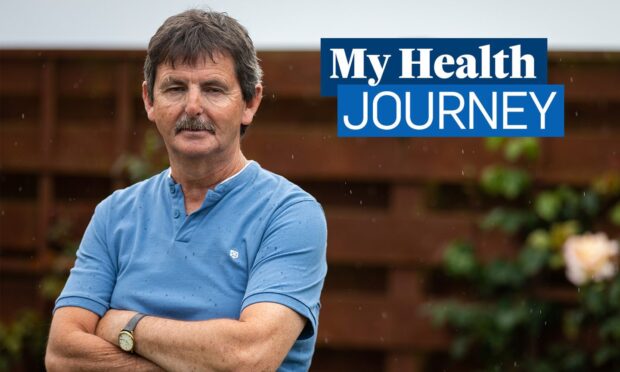

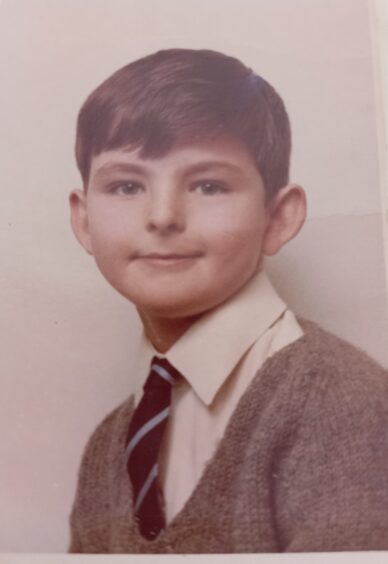
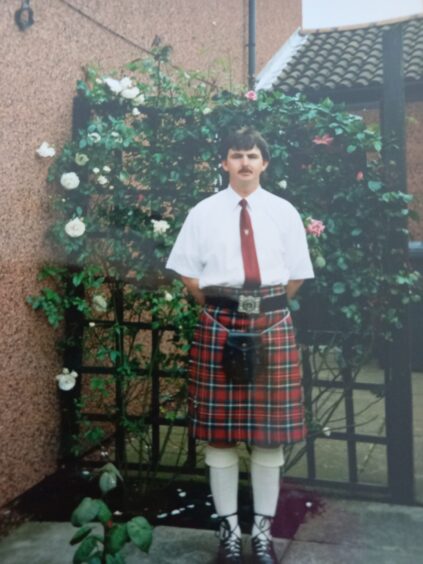

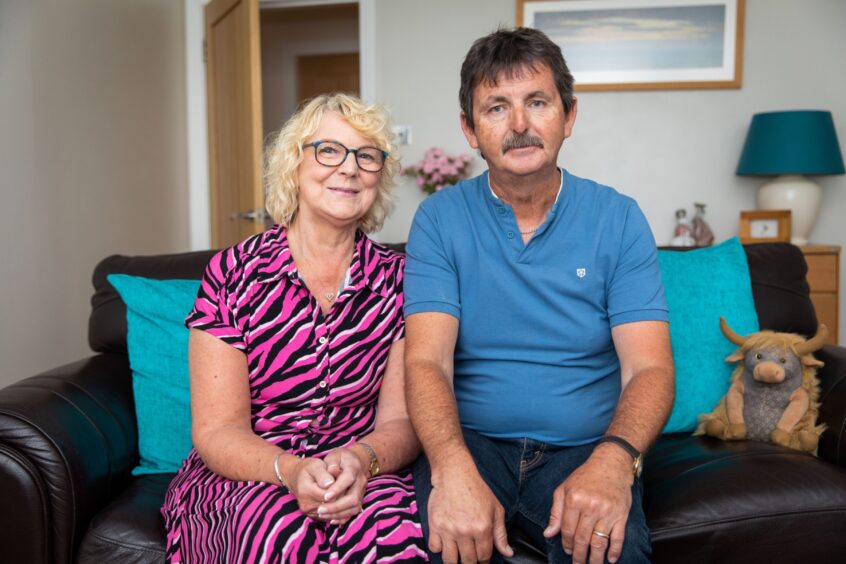









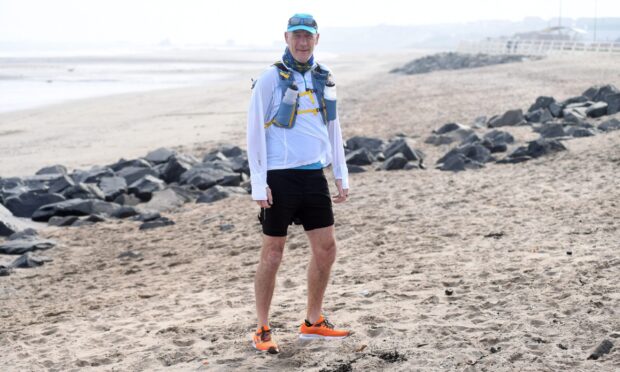
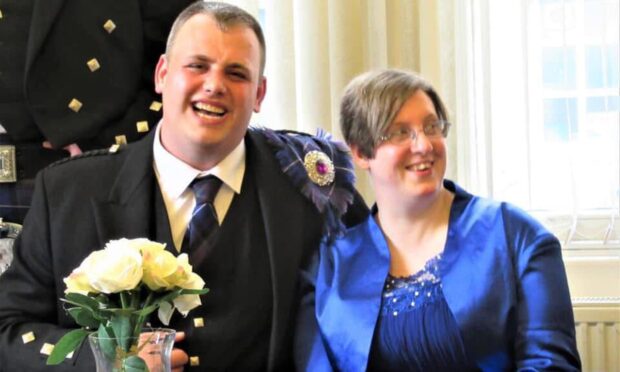
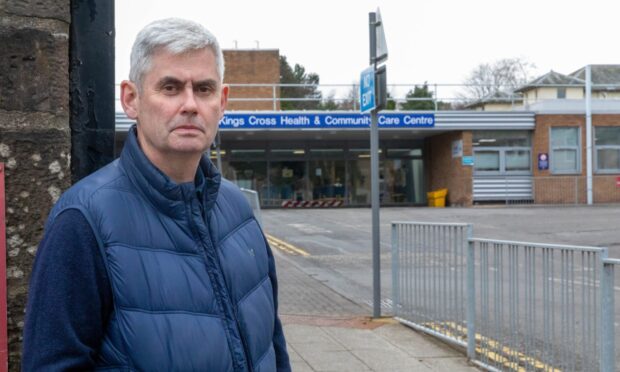
Conversation